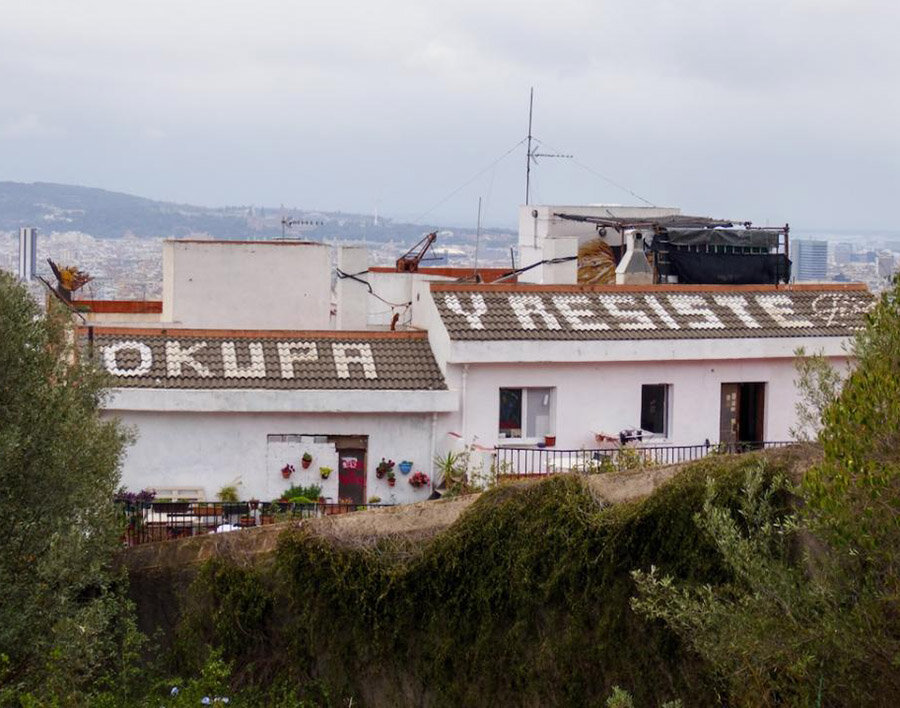read also
Squatters in Barcelona May Lose Access to Water, Electricity, and Gas Following Court Ruling

Barcelona Court: Squatters Can Be Left Without Water, Electricity, and Gas — and Property Owners Won’t Be Prosecuted.
Spain continues to face serious challenges with property squatting — a situation that affects both locals and, even more so, foreign homeowners. Many international investors who purchase property in Spain find themselves spending years and large sums on legal fees trying to reclaim their homes from illegal occupants (known as okupas).
Until recently, cutting off utilities such as water, electricity, or gas to a squatted property was considered a criminal offense, classified as coercion. But this is beginning to change.
According to HuffPost España, a Barcelona court has ruled that homeowners who disconnect water, electricity, or gas in illegally occupied properties will no longer be subject to criminal prosecution for coercion. This decision, made under a new agreement aimed at unifying legal criteria, marks a turning point in how such cases are judged in Spain.
New Legal Requirements for Okupa Complaints
As reported by Confilegal, about 60 judges from the criminal sections of Barcelona's Judicial Board also introduced a new condition for filing complaints about the occupation of vacant homes: authorities must first identify the individuals occupying the property. Law enforcement is now required to carry out investigative actions before the case can be closed or dismissed.
This shift primarily targets those referred to as "unidentified occupants" — individuals whose identity is not confirmed during court proceedings and who have no contractual or legal connection to the owner. The court emphasized that proper identification helps streamline the legal process and determine whether squatters are in a vulnerable position that merits additional legal protection. If their identity cannot be verified through police investigation, the case will be closed and referred for preliminary review.
Squatting in the Spotlight
These changes come amid ongoing public controversy around property squatting in Spain. The Barcelona Bar Association (ICAB) has proposed amending the Criminal Procedure Code to classify illegal occupation and violation of home privacy as “serious offenses.” If passed, this would eliminate the current requirement to prove that a squatter resides permanently in a property — a condition that often delays eviction.
Courts in other parts of Spain are also becoming more assertive. For instance, a court in Girona previously supported immediate forced evictions within the first 24 hours of occupation without requiring prior judicial authorization. Although Spain’s criminal code already allows for evictions in clear cases, the lack of defined timelines has led to differing interpretations across the country.
In November 2024, the Spanish Congress approved a new law to fast-track illegal occupation cases. The reform moved squatting-related crimes into the category of minor offenses — such as theft — enabling accelerated legal procedures. Under the new rules, suspects must be summoned to court within 72 hours, oral hearings can be concluded within 15 days, and final rulings are expected within three days after that.
However, legal experts caution that in practice, evictions of "vulnerable" squatters may still take a long time. The new law also only applies to cases involving physical break-ins and does not address other gray areas — such as so-called "inquiokupas" (individuals who pay the first month’s rent and deposit, then refuse to pay further and exploit the slow judicial system).
Squatting in Spain: 80,000+ Properties Affected
It’s estimated that over 80,000 properties in Spain are currently illegally occupied. Squatters frequently rely on legal loopholes, the support of activist legal teams, and in some cases criminal syndicates that organize mass protests to prevent evictions.
Property owners often find their homes looted or vandalized, and in some cases, squatters demand €3,000 to €5,000 to leave without damaging the property. Authorities advise using home security systems and working with neighbors to monitor properties — but in reality, these measures only help document the time of the intrusion. In many cases, police continue to protect squatters rather than property owners, even when complaints are filed within the legal timeframe — as was the case with Oleg Pokrovsky from Belarus.
A Gruesome Deterrent
In rare cases, squatters are deterred by shocking discoveries. One such incident occurred recently in Málaga, where a man attempting to occupy a property found a mummified corpse inside. As reported by ABC, the man broke the door lock but was so disturbed by the body that he alerted neighbors and left the apartment. Police later confirmed the body had been there for approximately 14 years, and the deceased owner would have turned 100 in 2025.








